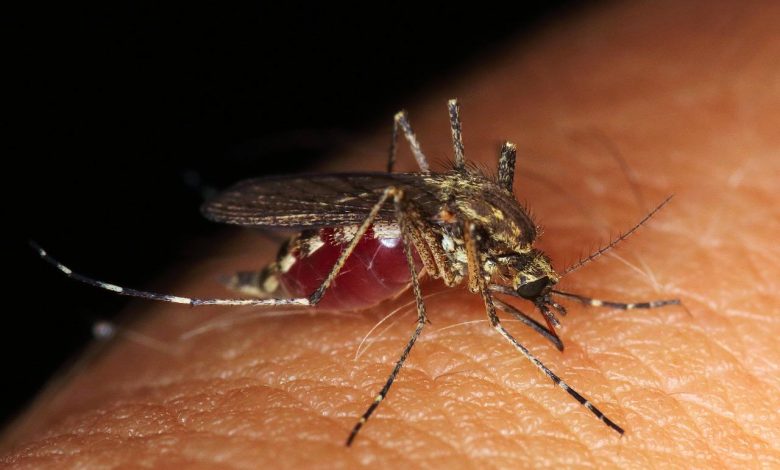World Mosquito Day: 10 facts you should know about Mosquitoes

World Mosquito Day takes place annually on August 20 in memory of the discovery of the British physician Ronald Ross who found in 1897 that female mosquitoes spread malaria.
A warmer climate, travel, and international trade contribute to the spread of diseases transmitted by mosquitoes. In the context of World Mosquito Day, we list ten ways in which mosquitoes have an impact on human life.
1. Many mosquito species carry pathogens. When they feed on the blood of humans and animals, they can transfer those pathogens directly into the blood of their hosts through their bites. This makes the mosquito one of the deadliest animals in the world.
2. More than a million people die each year from the effects of a mosquito bite. The majority of them as a result of malaria, a disease that, according to the World Health Organization, threatens no less than half the world’s population. In 2017, 435,000 people died of malaria.
3. About 90 percent of all malaria deaths occur in Africa. Currently, more than half of all Burundi residents are infected with the disease.
4. Malaria continues to spread in other countries such as Uganda. This week, the Ministry of Health announced that this year there are no fewer than 1.4 million infections: an increase of 40 percent.
5. Dengue fever is a virus that spreads quickly in the tropics. Currently, 2.5 billion people are at risk of infection. An estimated 100 million new infections are added every year, spread over more than 100 countries.
6. Most mosquitoes only cover a distance of 400 meters on average. It is often people, not mosquitoes, who transmit infections to other countries and communities. The mosquito responsible for the spread of the zika virus reproduces in car tires, cans, food bowls of dogs and vases in the cemetery.
7. After the Zika virus emerged in the US in 2016, experts warned that even more life-threatening diseases can spread from the tropics.
8. If global warming continues to increase, by 2080 an additional billion people in Europe and the US, among others, are at risk of being exposed to deadly viruses spread through mosquitoes. This is according to an American scientific study, the results of which were announced earlier this year.
9. Some people appear to be more attractive to mosquitoes than others. A study published in the scientific journal PNAS shows that some people spread an odor that acts as a natural repellent to mosquitoes.
10. An important way to get a mosquito pest under control is to prevent the eggs from hatching.




